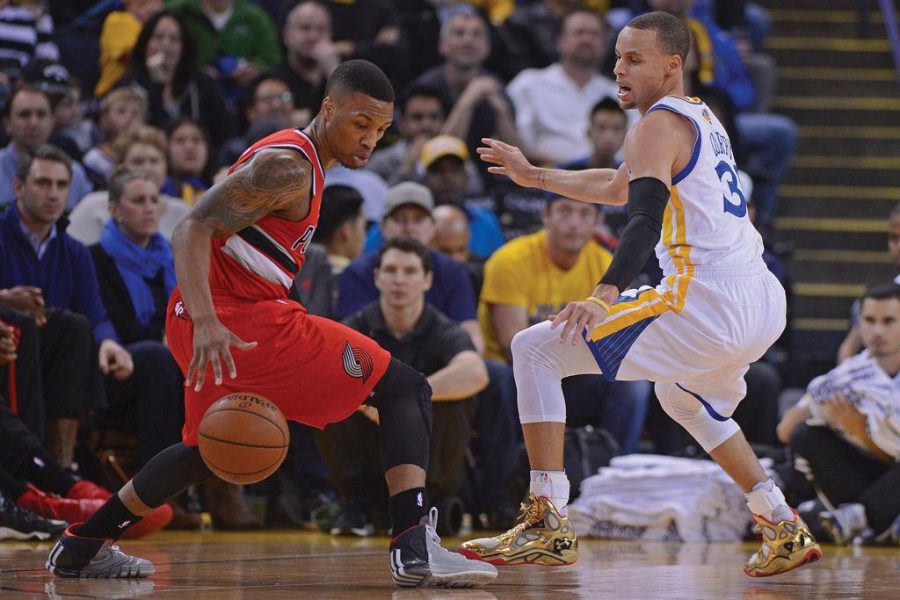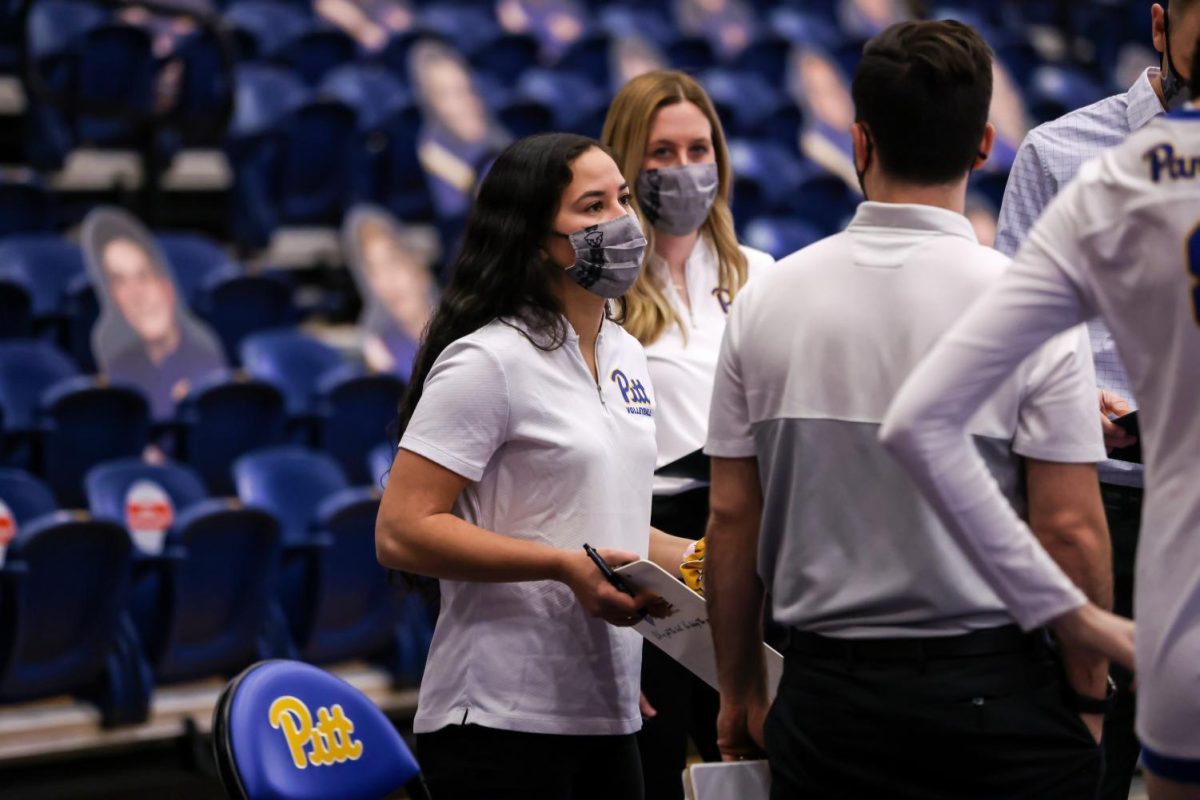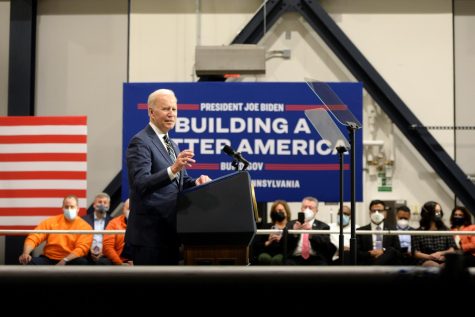NBA should revamp All-Star selection process, remove fan vote
February 3, 2015
The NBA All-Star selection process is exciting. The ultimate unveiling of which collection of superstars will showcase their talents always entertains. And, most of the time, the most deserving players are selected.
Sure, there are a couple of snubs every year, and “NBA on TNT” analysts Charles Barkley, Kenny Smith and Shaquille O’Neal will exchange barbs and criticize questionable selections during TNT’s All-Star announcement show, but the immediate reaction isn’t usually overwhelmingly negative. Soon after the selections are announced, the conversation often shifts from who got snubbed to something like who will win the dunk contest or whether the Western Conference All-Stars are better than the Eastern Conference All-Stars.
The NBA announced the 2015 All-Star starters on Jan. 22 and the reserves on Jan. 29. As usual, fans and analysts debated some selections. However, unlike in past years, heavy scrutiny replaced the light criticism — not only by analysts but also by NBA players. Much of the disappointment was over the players who got left out of the game at the expense of less-deserving players.
For instance, it didn’t make sense to many that Kobe Bryant — whose poor shooting performances have caused many to believe that the holier-than-thou Los Angeles Lakers might actually be tanking — was named a starter over Houston Rockets guard James Harden, an MVP candidate on a contending team. Portland Trail Blazers guard Damian Lillard and Sacramento Kings center DeMarcus Cousins (who recently replaced the now-injured Bryant) were also considered big snubs.
The All-Star voting process is faulty, and the reaction to this year’s selections has only emphasized that. The criticism traces back to those who make the selections in the first place: the fans. In order to increase fan involvement in All-Star weekend, the NBA asks the fans to choose the game’s starters. But only a small percentage of NBA followers actually vote, even though game viewership has been consistently strong.
Also, fans who participate don’t always choose the most deserving players, as evidenced by the selections of Bryant and New York Knicks forward Carmelo Anthony as starters. Because the fans don’t always choose the most worthy players and only a small fraction of fans actually care to vote, Dallas Mavericks owner Mark Cuban argued that the NBA should get rid of fan voting completely.
The broken selection process also has roots in the talent difference between the Eastern and Western Conferences. The Western Conference is indisputably better than the Eastern Conference, simply because the west has better players. One could easily argue that Lillard is a more deserving All-Star than Washington Wizards guard John Wall or Toronto Raptors guard Kyle Lowry — both of whom are starting for the Eastern Conference All-Star team. Having a team from each conference puts a limit on the number of talented players who can play in the game.
There are ways to fix the process. NBA commissioner Adam Silver recently stated that he’s in favor of expanding rosters from 12 players to 13-15 players. While this would allow players like Lillard to play in the All-Star game, it doesn’t guarantee that the very best players, despite the conference that they are from, will have the chance to play. It also doesn’t solve the issue of the fan vote.
In order to solve these problems and create a more exciting All-Star game, the league should consider totally revamping the selection process. This would involve eradicating the fan vote — instead, the construction of the All-Star teams would depend solely on player voting.
Players would choose two captains from a larger pool of players selected by coaches and team executives. To avoid bias, they would publicly announce their choices. Then, on a Thursday night episode of “NBA on TNT,” the two player captains would each draft a team based on the large pool selected by coaches and executives. The captains could choose players from either conference, and each team would consist of 15 players.
Of course, this new system would not be without flaws. For example, guidelines must be created to prevent a captain from choosing multiple players of the same position or from his home team. Nonetheless, a revamped selection process would make the All-Star game more exciting, and would be necessary to solve the problems of the current process.
Not only would this be a new and very entertaining way of choosing All-Stars, but it would also get rid of the talent-conference disparity. In addition, selections would be based on the thoughts of players, coaches, and executives – all of whom are knowledgeable about the talent within the league. This might also pique fan interest.
The new draft process could be a highly watched event in itself, and the All-Star game might gain more viewers because it would truly be a collection of the most talented players in the league.








